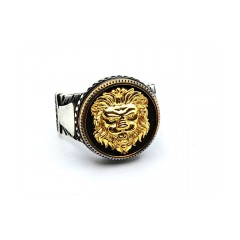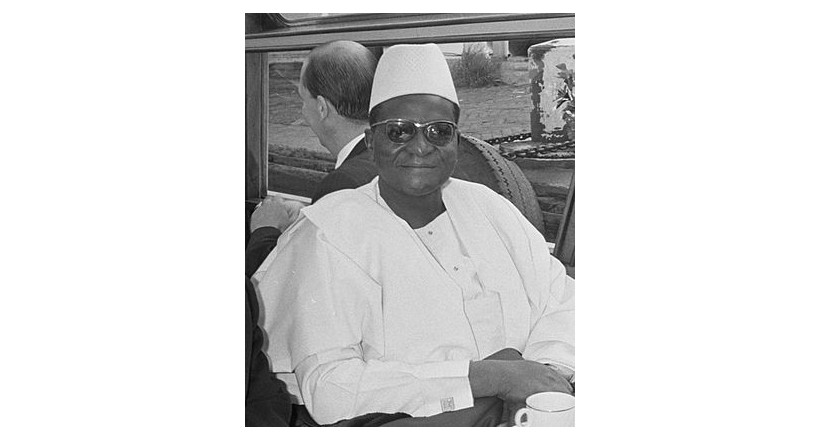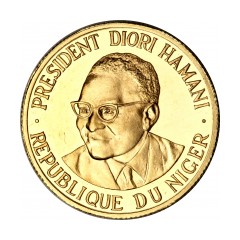Hamani Diori (6 June 1916 – 23 April 1989) was the first President of the Republic of Niger. He was appointed to that office in 1960, when Niger gained independence. Although corruption was a common feature of his administration, he gained international respect for his role as a spokesman for African affairs and as a popular arbitrator in conflicts. His rule ended with a coup in 1974.
Born in Soudouré, near the capital, Niamey, Diori was the son of a public health officer in the French colonial administration. He attended William Ponty Teachers' Training College in Dakar, Senegal, and worked as a teacher in Niger from 1936 to 1938, then became a Hausa and Djerma foreign language instructor at the Institute of Study Abroad, in Paris.
Independence struggle
In 1946, while working as the headmaster of a school in Niger’s capital city of Niamey, he became one of the founders of the Nigerien Progressive Party (PPN), a regional branch of the African Democratic Rally (RDA). Later that year, he was elected to the French National Assembly. In the 1951 election, Diori was defeated by his cousin and political rival Djibo Bakary. He was again elected to the assembly in 1956, and was chosen deputy-speaker.
In 1958, after a referendum that granted Niger self-government, Diori became president of the provisional government. He then became Prime Minister of the republic in 1959. During this period, the French government banned all political parties except the PPN, effectively making Niger a one-party state





